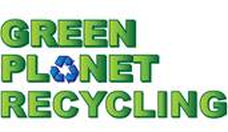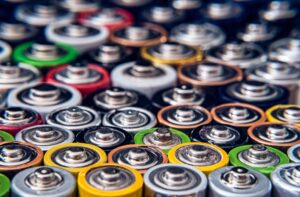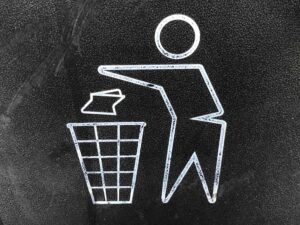Revolutionizing Business Food Waste Collection: A Comprehensive Guide
The environmental and economic implications of food waste are undeniable. Businesses, especially those in the hospitality and retail sectors, play a pivotal role in this scenario. By revolutionizing their food waste collection methods, businesses can significantly reduce waste, save costs, and contribute to a sustainable future. The Importance of Business Food Waste Collection Food waste is a pressing global issue. The Food and Agriculture Organization (FAO) states that about one-third of all food produced for human consumption is wasted. This waste is not just a loss of resources but also a contributor to greenhouse gas emissions and food insecurity. Effective...











